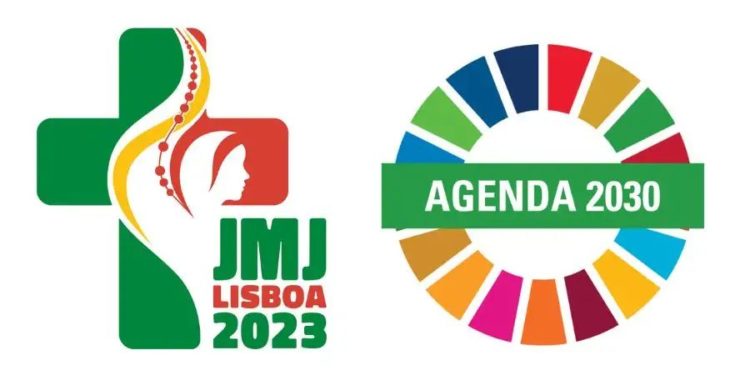A wound in the communion of the Church
The bishop of Orihuela-Alicante also responded to the question about whether, in view of the confusion that has been caused, it is opportune to go to the youth event with the pope in Lisbon next summer in Europe.
For Munilla “it’s a mistake that there are Catholic movements and schools that have decided not to attend WYD in Lisbon for the mere fact that this inclusion has been made.”
The bishop believes that “they are depriving themselves of a very great good” and, furthermore, “non-attendance creates a wound in the communion of the Church, of youth ministry.”
The prelate considers that the qualification that WYD’s support of Agenda 2030 is “following the guidelines of the Holy See” that has been added onto the controversial letter of commitment “substantially saves some face, although they don’t finish explaining why it’s not eliminated, period.”
“It’s an error to have put that mention on the webpage but it’s also an error to announce that it’s not going away. It’s too bad that this happens and that such a thing is cause for perplexity,” he said.
A qualified but unnecessary statement
At the end of his commentary, Munilla made reference to the conference given by the apostolic nuncio in Spain, Archbishop Bernardito Auza, last Friday at Abat Oliba CEU University in Barcelona in which he explained the position of the Holy See regarding Agenda 2030 from its genesis to its application.
Munilla stressed what Auza said regarding the policy on donations for Agenda 2030, noting that “the most sensitive thing is that when it comes to implementing it, the one who donates determines what program it goes to.”
Thus “a direct link is established between the approval of aid and the adoption of ideologies.” So for example, for some donor nations in order to receive aid for the relief of hunger, the implementation of contraceptive policies is required.
For the prelate, it’s a “poisoned model” that implies “a risk of paternalism that ultimately ends up being an ideological instrument.”
(Story continues below)
Munilla also emphasized the risk of “declarationist nominalism” expressed by Pope Francis in the U.N. General Assembly, which means that in Agenda 2030 “there are super beautiful words that are utopian.”
To sum up the controversial reference to Agenda 2030 on the website of the World Youth Day in Lisbon, the bishop of Orihuela-Alicante said that “a statement has been rectified that, in its literal meaning by introducing this qualification, it can no longer be said to be wrong. But, obviously, it’s unnecessary.”
This story was first published by ACI Prensa, CNA’s Spanish-language news partner. It has been translated and adapted by CNA.
Credit: Source link




